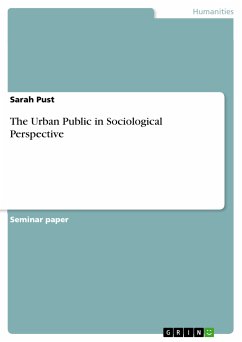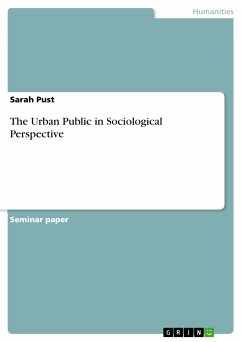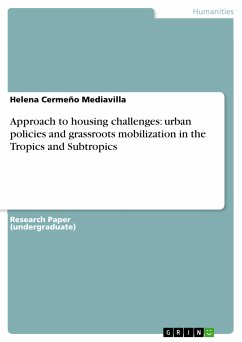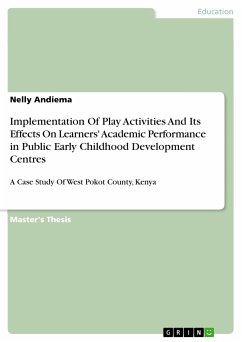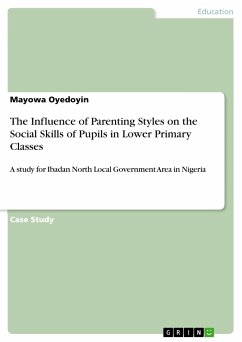Seminar paper from the year 2001 in the subject Sociology - Habitation and Urban Sociology, grade: 8,5 von 11, University of Amsterdam (International School for Humanities and Social Sciences), course: Social Climate in Cities, language: English, abstract: Prologue This is a literature based work. By writing this paper I wanted to get a basic impression of the theories about “The Public” as developed in urban sociology. I used Lyn Lofland´s book “The Public Realm” and Louis Wirth´s article “Urbanism as a way of life” as my main references. To give some deeper impact on classical social theories, I added the basic items from Habermas “Strukturwandel der Öffentlichkeit” (The Structural Transformation of the Public Sphere) and some basic ideas of Simmel's Sociology . To get more information about the development of “the public” in sciences, I used a book called “Öffentlichkeit. Geschichte eines kritischen Begriffs” (The Public. About the History of a critical term). I was impressed by the pragmatic and frequent examples that Lofland uses to explain her theories. At my home university, the Otto-Friedrich-Universität Bamberg, it is unusual to give an example for every written item. It is more often the case, like at the end of a “Hauptseminararbeit” , that one basic example is given for an actual topic (European Union, etc). The aim of examples given in students’ homework is to show, that the often complex social theories have been profoundly understood by the student. Though I found Lofland's style of giving many examples to her readers very positive, I will go on writing my paper in the way I have learned: without many examples and based on theoretical perspective of social structures. Due to this decision, my work may differ from the exams handed in by American students. [...]
Bitte wählen Sie Ihr Anliegen aus.
Rechnungen
Retourenschein anfordern
Bestellstatus
Storno

